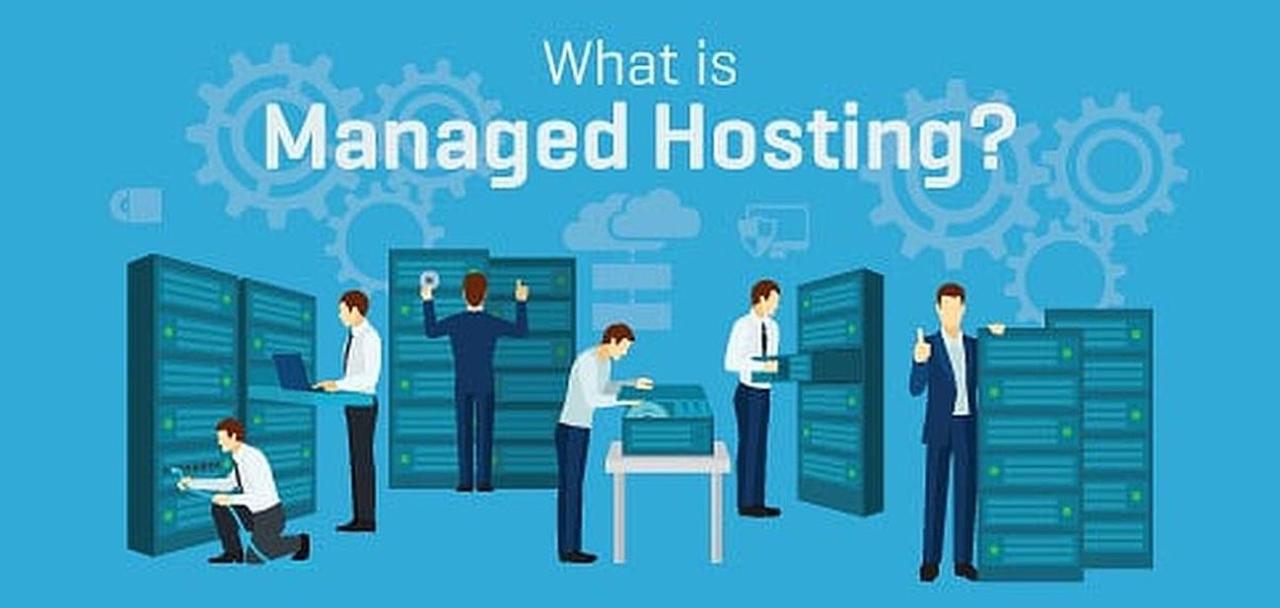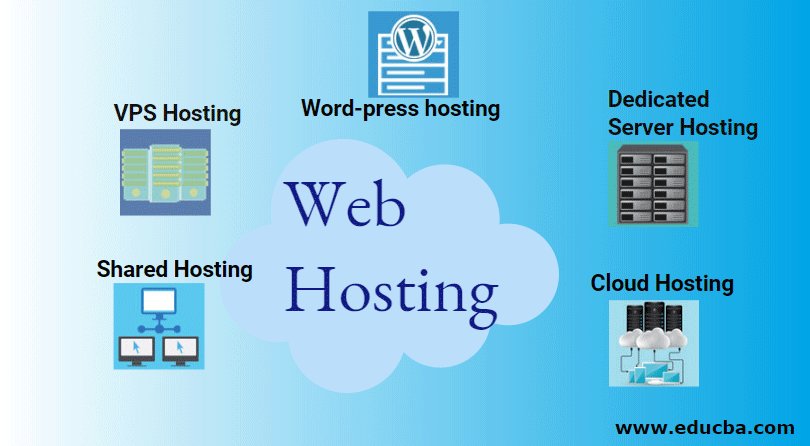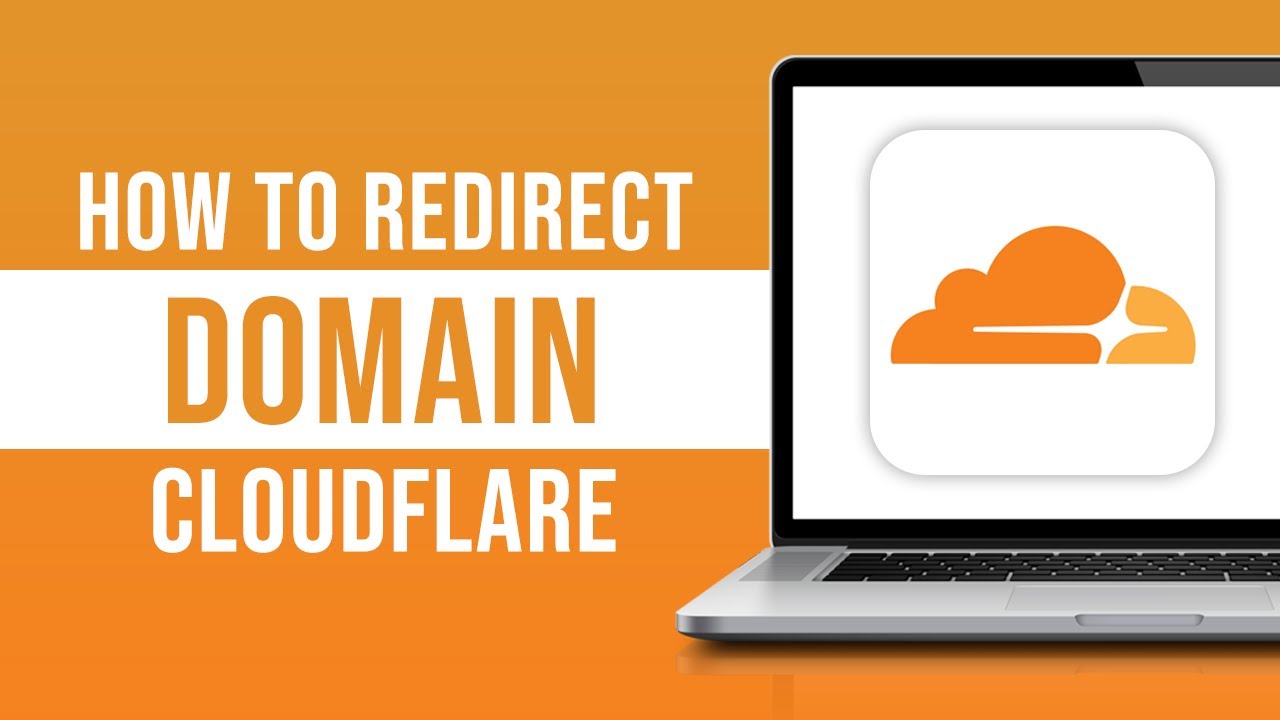Non shared hosting – Non-shared hosting stands out as a powerful alternative to shared hosting, offering a range of advantages for websites and applications demanding superior performance, security, and control. This type of hosting ensures that your website or application resides on a dedicated server, free from the limitations and potential conflicts of sharing resources with other users.
Unlike shared hosting, where multiple websites share the same server resources, non-shared hosting provides a dedicated environment tailored to your specific needs. This dedicated environment offers enhanced security, improved performance, and greater control over your website’s configuration and resources.
What is Non-Shared Hosting?: Non Shared Hosting
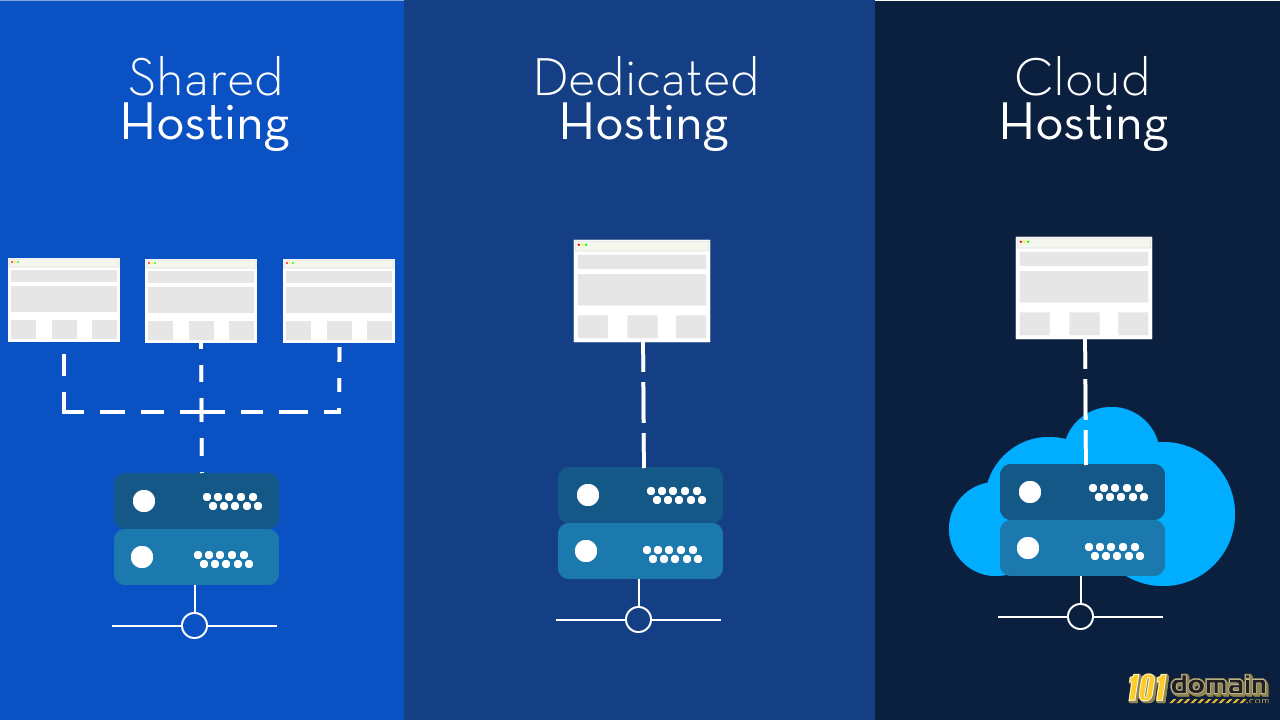
Non-shared hosting refers to web hosting services where a single server is dedicated to a single website or a small group of websites. Unlike shared hosting, where multiple websites share the same server resources, non-shared hosting provides exclusive access to the server’s resources, ensuring better performance, security, and control.
Types of Non-Shared Hosting
Non-shared hosting encompasses various solutions tailored to different needs and budgets.
- Virtual Private Server (VPS) Hosting: VPS hosting involves dividing a physical server into multiple virtual servers, each with its own dedicated resources. This provides a balance between the affordability of shared hosting and the power of dedicated servers.
- Dedicated Server Hosting: Dedicated server hosting provides a complete physical server exclusively for a single website. This offers the highest level of performance, security, and control, making it ideal for high-traffic websites and resource-intensive applications.
- Cloud Hosting: Cloud hosting utilizes a network of interconnected servers to distribute website resources and ensure high availability. It offers scalability, flexibility, and cost-effectiveness, making it suitable for businesses with varying resource requirements.
Advantages of Non-Shared Hosting
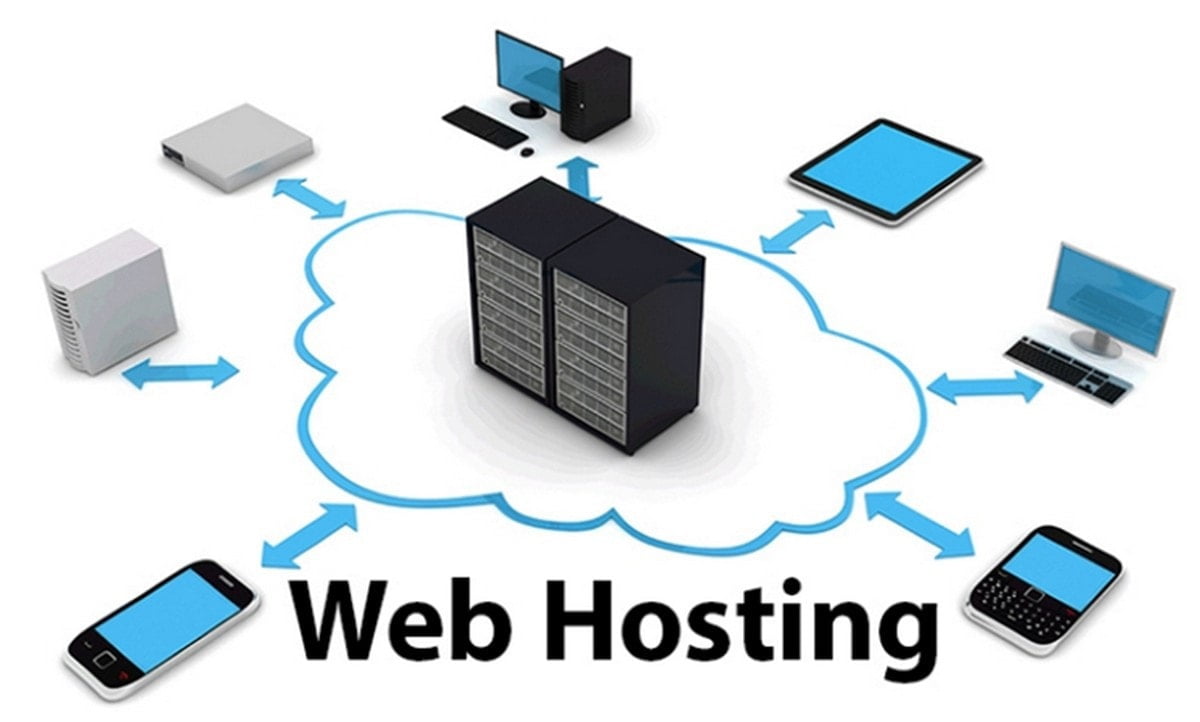
Non-shared hosting offers a range of advantages that can significantly benefit your website, especially if you require high performance, security, and control.
Enhanced Security and Privacy
Non-shared hosting provides a significant boost to security and privacy. This is because your website is isolated from other websites, minimizing the risk of attacks or vulnerabilities spreading from other sites. Here’s a breakdown of how this works:
- Dedicated Resources: With non-shared hosting, your website has its own dedicated server resources. This means that malicious code or attacks targeting other websites on the same server cannot affect your website. This significantly reduces the risk of security breaches and data loss.
- Enhanced Control: You have complete control over your server environment, allowing you to implement stricter security measures. You can install firewalls, intrusion detection systems, and other security software to further strengthen your website’s defenses.
- Data Isolation: Your website’s data is stored separately from other websites, minimizing the risk of unauthorized access or data breaches. This is particularly important for businesses handling sensitive customer information or confidential data.
Improved Performance, Non shared hosting
Non-shared hosting delivers significant performance benefits, resulting in faster loading times and a smoother user experience. This is because your website has dedicated resources, which are not shared with other websites.
- Faster Loading Times: With dedicated server resources, your website experiences faster loading times, as it doesn’t have to compete with other websites for processing power and bandwidth. This leads to improved user satisfaction and engagement, as users are less likely to abandon your website due to slow loading times.
- Optimized Resource Allocation: Your website has access to all the server’s resources, allowing for optimal performance. You can allocate more resources to specific tasks, such as database queries or image processing, ensuring that your website operates efficiently.
- Scalability: Non-shared hosting provides greater scalability, allowing you to easily adjust your server resources as your website’s traffic grows. This ensures that your website can handle increased traffic without experiencing performance degradation.
Greater Control Over Server Configurations and Resources
Non-shared hosting grants you complete control over your server environment, enabling you to customize configurations and allocate resources as needed. This level of control offers flexibility and efficiency for managing your website.
- Custom Server Configurations: You have the freedom to configure your server environment according to your website’s specific requirements. This includes choosing the operating system, software packages, and security settings that best suit your needs.
- Resource Allocation: You can allocate server resources, such as CPU, RAM, and storage, to different aspects of your website, ensuring that critical processes have sufficient resources. This optimization can significantly improve your website’s performance and stability.
- Advanced Features: Non-shared hosting often includes access to advanced features like root access, which allows you to manage your server at the deepest level. This level of control gives you the flexibility to install and configure specialized software and applications.
Disadvantages of Non-Shared Hosting
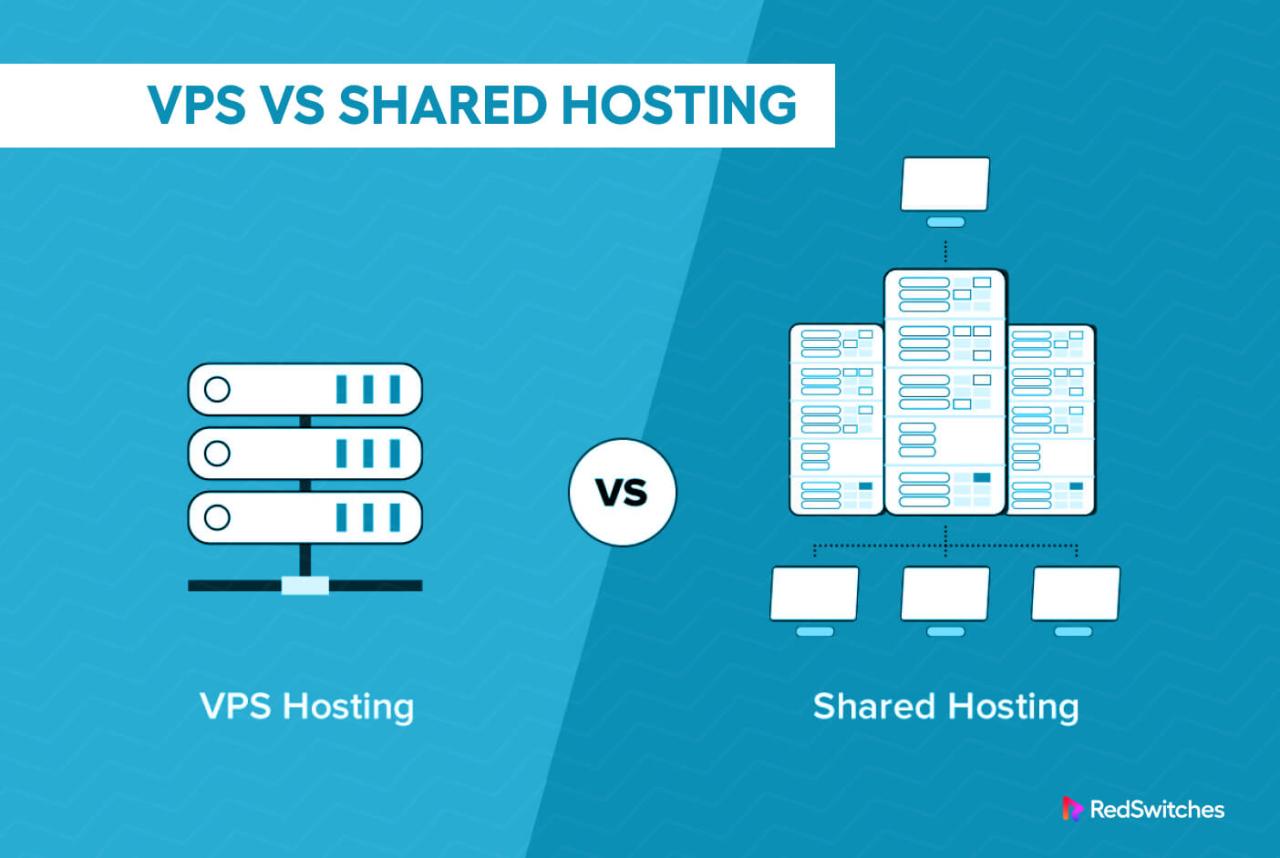
While non-shared hosting offers significant advantages, it’s essential to consider the potential drawbacks. These disadvantages mainly stem from the increased control and resources that come with non-shared hosting, which can also lead to added complexities and costs.
Higher Cost
Non-shared hosting typically involves higher costs compared to shared hosting. This is because you are responsible for managing and maintaining your own server, which includes expenses such as server hardware, software licenses, and technical support. The cost of dedicated servers can be substantial, particularly for high-performance or complex applications.
Technical Expertise
Non-shared hosting requires a greater level of technical expertise. You need to be familiar with server administration tasks, such as operating system updates, security patches, and resource management. This can be challenging for individuals or businesses without the necessary technical skills.
Scalability and Resource Management
While non-shared hosting provides greater control over resources, it also requires careful planning for scalability and resource management. You need to anticipate your website’s future growth and ensure that your server has enough capacity to handle increased traffic and data demands. This involves monitoring resource usage, adjusting server configurations, and potentially scaling up your server infrastructure as needed.
Conclusive Thoughts
Non-shared hosting empowers website owners and developers with a robust and reliable platform for their online presence. By understanding the advantages, disadvantages, and use cases, you can make informed decisions regarding the best hosting solution for your specific requirements. Whether you prioritize security, performance, or control, non-shared hosting offers a compelling option for achieving your online goals.


